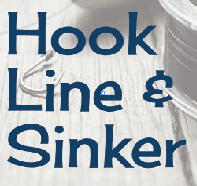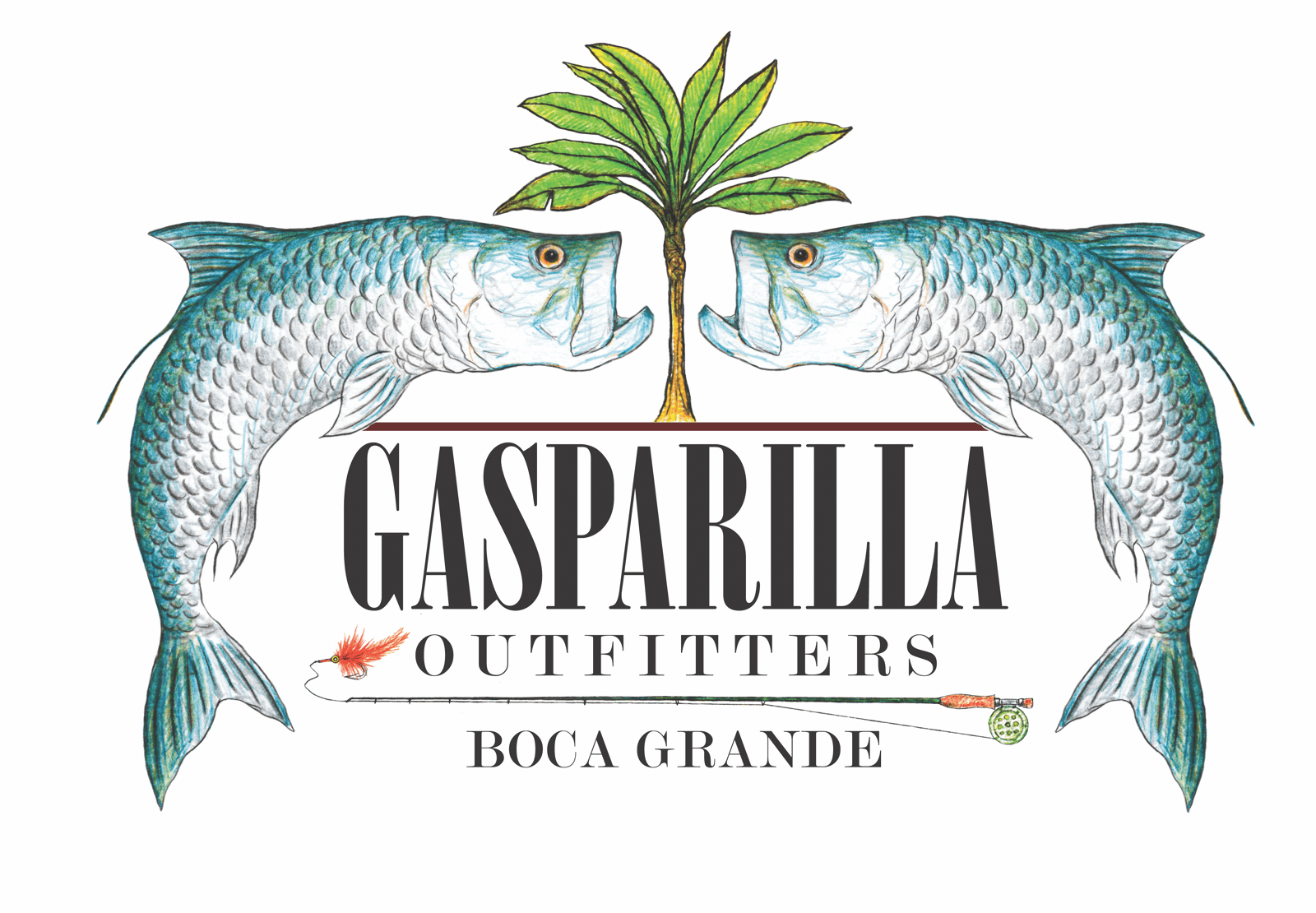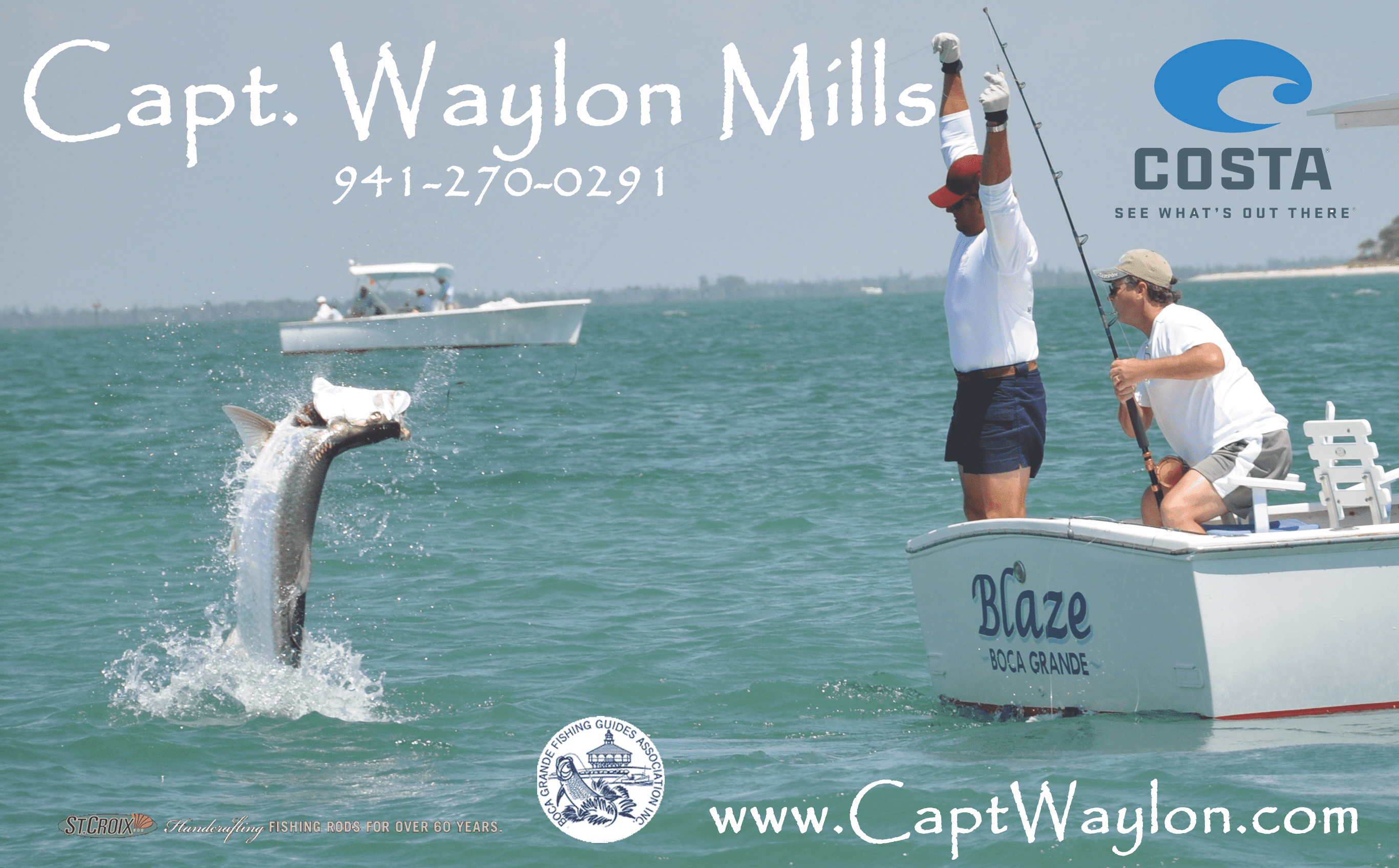We were once among America’s greatest fisheries

Please consider that water quality issues have reduced fish stocks, and the significant influx of residents and visitors has reduced water quality. Businesses are eager to grab all this easy-growth money, but when the scales flip how do we deal with the mess? Can we afford to continue trashing our natural resources? I don’t believe these reckless actions are sustainable. This year we have a lot of rain. What happens if there’s drought next year? Everyone’s green lawns will become brown sandboxes, and essential drinking water will be scarce.
I’m afraid for the survival of our settlers’ traditional occupations. Fishing established our coastal economies and now is at risk because of development, destruction of our water flows, and pollution. In the past, our wetlands worked to maintain excellent water quality in which sea life thrived. Please think about how much our waters have degraded. Consider this information I learned recently from Historic Englewood: “Fishing was incredible, and certain years Gasparilla Fishery in Placida actually shipped more fish than anywhere else in the country.”
I’m serious when I point out the past abundance of fish and their importance to Florida’s coastal communities’ establishment. Believe it or not, sail cats are now for sale at a local seafood house. The reduction of local fish stocks I have personally witnessed here is alarming.
Factor in the poor equipment, cotton nets that required liming every day, sail and row boats, no weather forecast, no radios for communication, and very few boats with any mechanical power. Only then can we begin to imagine the abundance of fish we had.
We now have sophisticated equipment, sonar, radar, fast efficient engines, composite materials for our boats. In addition, several clam and oyster plants are shipping tons of product north.
What have we accomplished? We brought in people and trashed our wetlands and estuaries, then act surprised that it’s a big mess. People are the problem, and not understanding the consequences of our abusive actions has a big price. The only thing worse than the cost to try to delay and correct our abuse is the cost if we don’t. The suggestion that we should play catch-up and only attempt to fix our disasters after a collapse is mind-boggling. If you doubt any of this, just look at the Chesapeake Bay collapse, which left costs way into the billions and 50 years of work to salvage parts of the estuary. I saw this as a child, and you do not what to experience this collapse here.
We have about 90,000 permitted single family homes now in just Charlotte County. Go to Google Earth and look at the new construction in surrounding counties. It’s scary. Consider how much natural ground absorption has been paved over. New construction will double our current population and infrastructure needs. Impact fees are not nearly adequate, so how do we pay for this? If our property values crash, our county budget plummets. We’d have more needs and less money.
A book I like to refer to is “Glory of the Silver King, the Golden Age of Tarpon Fishing,” from the memoirs of Hart Stillwell, edited by Brandon Shuler. Stillwell understood and pointed out the damage that inconsiderate, unmitigated growth and development does to our environments and fisheries. He wrote his memoirs in the 30s, 40s, and 50s. His observations, recommendations and understanding are only now being recognized. He pointed out the requirement for water quality to allow the smaller shrimp, crabs, juvenile fish, etc., to thrive. Our gamefish require the food and habitats to survive, reproduce, and grow.
Stillwell’s memoirs document the ups and downs of Texas growth and fish declines, how extensive shrimping removed the fish’s food supplies. He was an established outdoor writer and thrived in the coastal fisheries even down into Mexico. He had first-hand knowledge and compiled it all into anecdotal information, but passed before he finished his chronicle. Brandon researched and edited the extensive information, plus several manuscripts to compile the book. I recommend you read it.
Actions have reactions. When lobbyists and folks with a clear profit agenda are steering our “management” decisions, expect problems. The biggest issue is that these decisions lack input from the old-time fisherman with hands-on, real, tangible knowledge as to reasons for the problems and potential solutions.
We have few individuals living with the expansive knowledge needed to properly educate our leaders on vetted ideas to preserve and protect our natural resources.
Water quality and new development impact natural resources and fish stocks. It also drives huge parts of our economy and affects property values. Help us help ourselves. What happens to our local and state government if we slash their income? Plug some holes, or go down with the ship.
Capt. Van Hubbard is a columnist for the Boca Beacon. He began his Hook, Line and Sinker column in the 1980s for the Beacon. You can follow him on Facebook or at captvan.com









